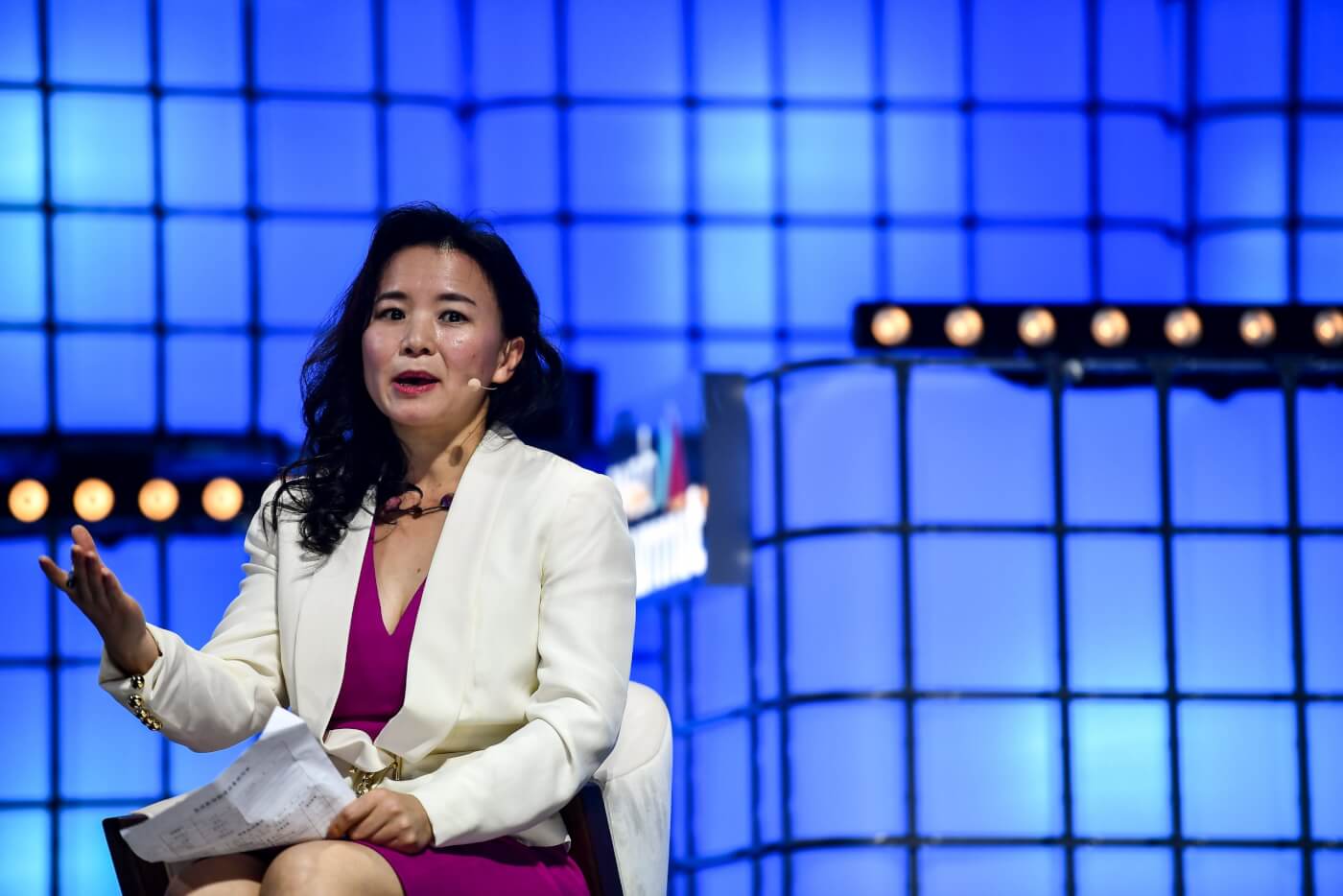The Australian government is continuing to probe China for more information on two Australian nationals who have been unable to contact consular authorities for over a month.
One of the hostages taken by the CCP is the Australian/Chinese journalist and TV anchor, Cheng Lei, who was working as a business journalist for the Chinese state broadcaster (CGTN) at the time of her detainment.
She was detained on suspicion of “criminal activity endangering China’s national security”.
Her secretive detention in mid-August generated widespread concern, with many speculating that it was the result of escalating diplomatic tension between Australia and China.
Cheng was visited by Australian officials twice in September, but all communication has been suspended since 28 September 2020.
Frances Adamson, the Department of Foreign Affairs and Trade Secretary said the Australian ambassador had made representations about the case in the past week and that:
“There would be very few interactions we would have with the Chinese in which her case would not be mentioned”
The other hostage detained by Chinese authorities is Yang Hengjung; an Australian/Chinese writer and blogger who has been held in Beijing since January 2019.
Yang, previously an employee of China’s Ministry of Foreign affairs who later became a pro-democracy activist and political commentator, was told on October 7 that he had been officially charged with espionage, according to his lawyer, Shang Baojun.
The Prime Minister for Australia, Scott Morrison has previously said that the allegations made against Dr Yang “absolutely untrue”
Yang has consistently maintained his innocence throughout his detention, last month refuting Chinese reports that he had confessed and stating:
“I am innocent and will fight to the end” and “I will never confess to something I haven’t done.”
The detention of foreign nationals to be used as bargaining chips in foreign policy is a tactic also favoured by Iran. There are currently 13 dual or foreign nationals arbitrarily detained in Iran.
The evacuation of two Australian journalists in September, after they sought refuge at the Australian embassy in Beijing and reports that the US government was threatened with the detainment of American citizens in China if it continued with the prosecution of Chinese scholars, is indicative of the volatility of the situation in China and the increased awareness of Chinese hostage diplomacy tactics.
The continuation of this inquiry comes at a time when the Chinese Communist Party appears to be increasing its use of hostage diplomacy; with reports suggesting that the US government was warned that the prosecution of Chinese scholars in the US could result in the detainment of American citizens in China.

